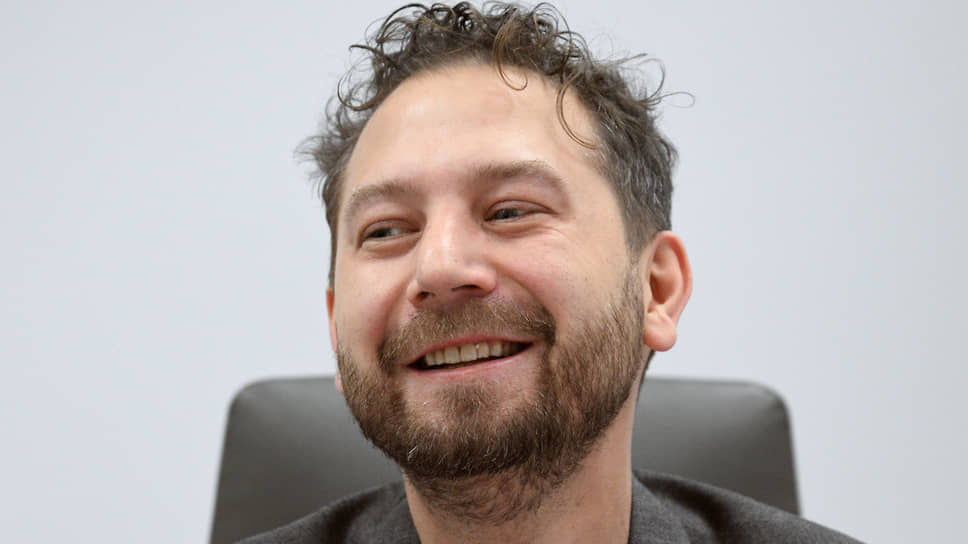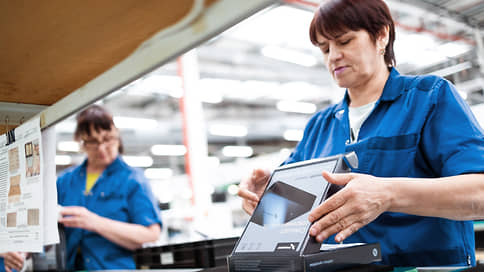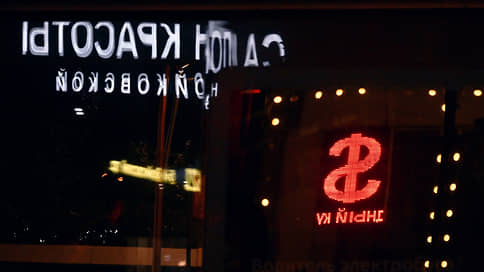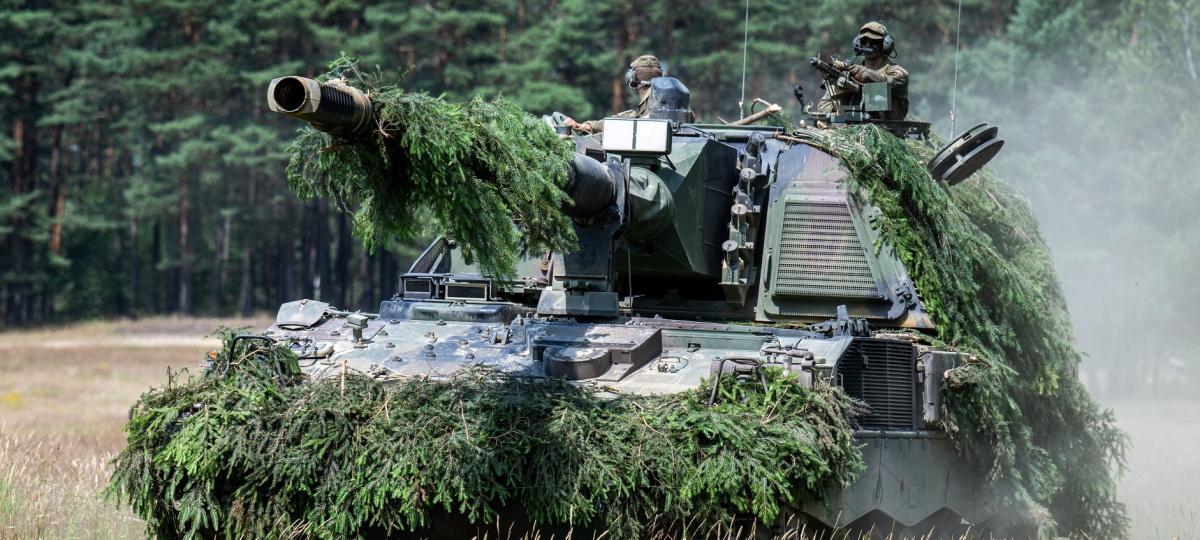Sberbank traders, Sovcombank and VTB increased momentum on the commodity-raw exchange
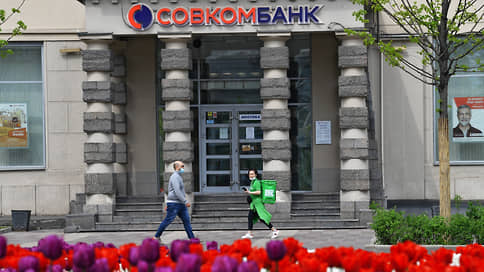
The traders of Sbering, the Schokombank and VTB, who were activated on the commodity-raw exchange last year, increased momentum according to the results of the first quarter. The most dynamic growth was shown by the structure of the Sovcombank, the turnover of which in three months reached 5.3 billion rubles. Against 9.06 billion rubles. For the whole of 2024. But the fuel market participants indicate that the turnover of banking structures are not comparable with leading traders, and tough regulatory restrictions and high costs can lead to losses.
Sberbank traders, Svokombank and VTB in the first quarter of 2025 increased momentum on the St. Petersburg Exchange. According to Kommersant, among them, in terms of growth rates, the “commercial trading” became the growth rate, the turnover of which reached 5.3 billion rubles in the first three months of this year. The company entered the exchange in June 2024 and for the whole last year concluded contracts for 9.06 billion rubles. In the overall rating of traders in turnover over the past year, this corresponds to the 56th place.
The turnover “SB raw material trading” (included in “Sberus”) for the first quarter amounted to 1.6 billion rubles, VTB trader (“raw materials of trading”) – 1.8 billion rubles. Over the past year, companies have concluded transactions for 2.3 billion rubles. and 1.9 billion rubles. Accordingly, according to Kommersant. The Kommersant source in the fuel market says that the growth of turnover in the first quarter is associated with the end of the formation of business models of banking structures and a seasonal increase in procurement.
Kommersant’s “SBER” said that the SB RAMS TRADING “SB RAMS” per quarter exceeded 1.6 billion rubles, and the share of over -the -term transactions is growing significantly. “Clients transfer part of the operating cycle for the purchase of fuel, metals, agricultural cultures, diversifying the sources of working capital,” the company explained.
The managing partner of Prleum Maxim Dyachenko says that when the banks only entered the market, there were fears among the players that financial organizations could take a large share of customers, but this did not happen.
According to him, mainly banks work with corporate clients consuming diesel fuel, for example, industrial enterprises. Banks are conducting lending to either coarse supplies or small -optical supplies. But, Mr. Dyachenko continues, after purchasing, delivery to the region and sales to the client there is no profit left, since banking interest and storage costs lead to operational losses.
The reporting of the “Combank of Product Training” says that the company completed the last year with a loss of 59.1 million rubles. Ilya Moroz, Executive Director of the Comcombank, told Kommersant that the company completed the construction of infrastructure only by the end of the third quarter of 2024 and was at the stage of initialization. The loss of last year is associated with a high share of corporate costs due to the start of activity, he explains. According to Mr. Moroz, it is difficult to conduct business to large players on the commodity-raw exchange, including banking structures, due to difficulties among large consumers of oil products. Industrial companies and subsoil users experience difficulties with export, carry an increased load due to high rates on loans and strengthening the ruble, he continues. The VTB did not provide a comment.
Maxim Dyachenko notes that in order to enter the already formed and highly competitive market, banks have to overpay for team gathering and reducing prices for customers. But he does not exclude that this may be a strategy. Banks probably play for long and evaluate their successes in dynamics, Mr. Dyachenko believes.
Karen Dashyan from Advance Capital says that the turnover of bank traders grew against the background of a general significant increase in trading in the exchange market.
So, the volume of trading of oil products on the St. Petersburg Exchange for 2024 increased by 20%, to a record 37 million tons. At the same time, Mr. Dashyan continues, growth was observed in all key categories, including two main ones – gasoline and diesel fuel. According to him, this was facilitated by both regulatory factors and the desire of manufacturers to find ways to sell their products against the background of sanctions.
As Mr. Dashyan notes, given that the current customers of the main Russian banks are represented by end consumers of oil products, it is not worth surprising to the rapid growth of their revolutions, especially taking into account the effect of the low base. The analyst believes that banks will gradually expand their presence at the expense of the client base, lending opportunities, access to cheaper money and the development of services, for example, fuel supply services. At the same time, operators of independent gas stations, both due to the capabilities of bank lending or services, and the difficulties with the purchase of fuel from direct competitors-vertically integrated oil companies, can be interested in interest in banking traders, he adds.
Ilya Moroz says that the Comcobank has commodity trading for the current year – the company strengthens the team and intends to strengthen in the market. The SB raw material trading plan to withdraw part of the products to electronic sales channels.

